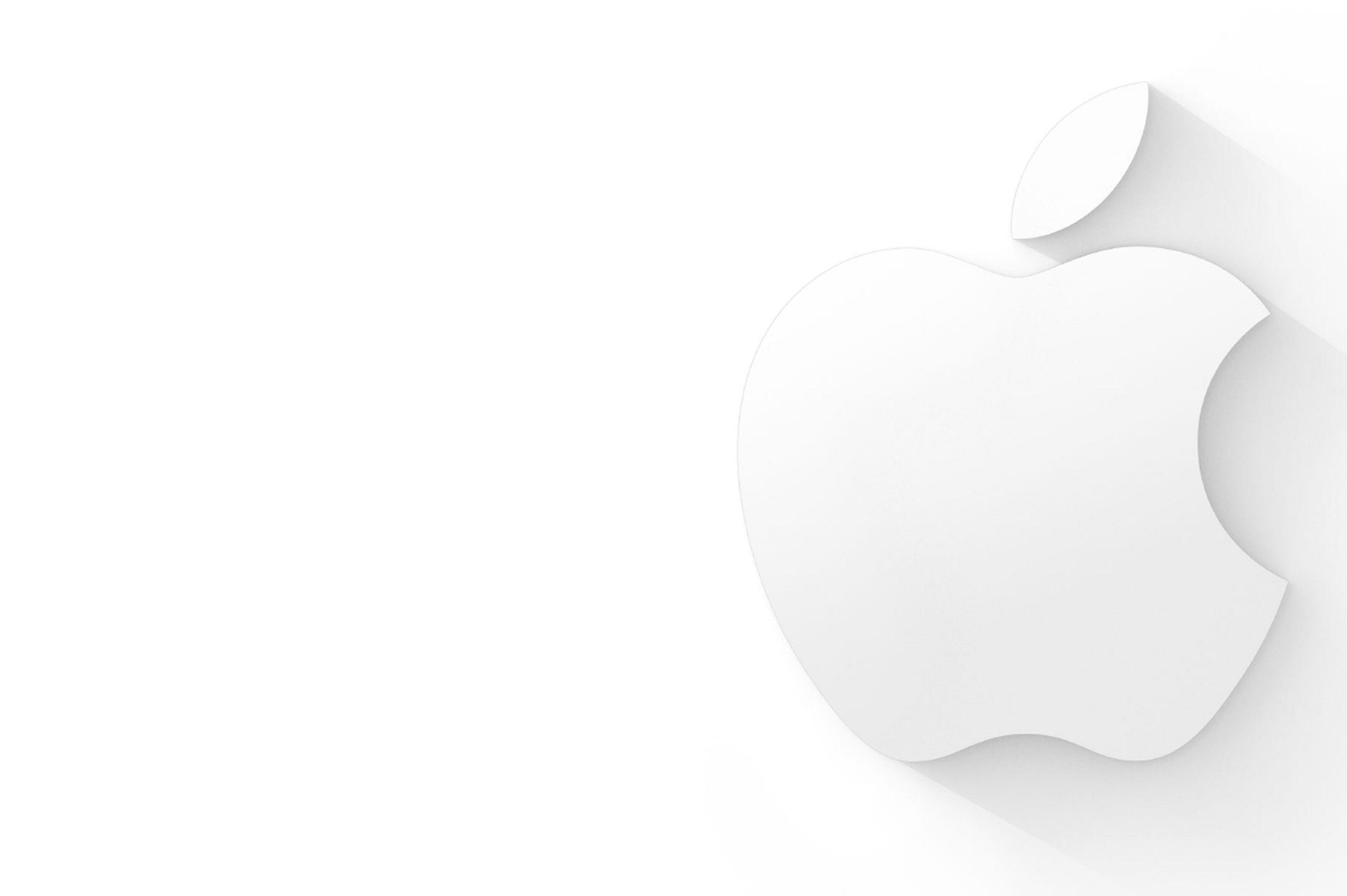The ruling stems from Germany’s Competition Act amendment in 2021, empowering the cartel office to impose preemptive measures on dominant firms. With Apple now joining Alphabet and Meta on this watchlist, regulators gain broader authority to curb anti-competitive practices, particularly around the App Store—a focal point of contention. Here’s how this unfolded, what it means for Apple, and the broader implications for its global strategy.
image [https://cdn.magzter.com/1400077361/1742426961/articles/cS1gYhdAv1742539368062/0qeVpN-hM1742554981507.jpg]
THE LEGAL BATTLE: A FIGHT OVER DOMINANCE
The Bundeskartellamt’s 2023 designation flagged Apple’s sprawling influence—its iPhone, App Store, and services form a tightly knit ecosystem that shapes competition across markets. Apple challenged this, arguing its focus on privacy and security justifies its model, per a statement to Reuters: “It neglects the value of a business model that places the privacy and security of users at its centre.” The company also pushed for the court to consult the European Court of Justice, citing potential conflicts with EU law, but the Karlsruhe-based judges declined, affirming German jurisdiction.
image [https://cdn.magzter.com/1400077361/1742426961/articles/cS1gYhdAv1742539368062/3Kh04tuOX1742555013524.jpg]
Presiding judge Wolfgang Kirchhoff emphasized Apple’s economic clout, noting its “extensive financial resources and vertically integrated ecosystem,” per MacRumors. The court’s stance—foreshadowed by a January 2025 lean-in from Judge Kirchhoff, per Business Standard—solidifies the cartel office’s power to act. For users, it’s less about legal jargon and more about outcomes: Apple’s walled garden, long a hallmark of its brand, now faces a crack in its German armor.
WHY IT MATTERS: APP STORE IN THE CROSSHAIRS
The App Store sits at the heart of this fight—its 30% commission, data practices, and gatekeeping role have drawn fire globally, but Germany’s move adds teeth. The “paramount significance” label, valid until April 2028, lets regulators probe and preempt abuses—like restricting third-party apps or favoring Apple’s services—without proving consumer harm, a lower bar than U.S. antitrust law, per 9to5Mac. Andreas Mundt, cartel office president, hailed it as a win: “This means the highest court has confirmed that Apple is subject to stricter abuse control,” per The Economic Times.
Apple’s not alone—Alphabet and Meta face similar oversight, but its ecosystem’s tight integration amplifies the stakes. The App Store’s 2.2 million apps (2024 Statista data) fuel a $1 trillion-plus valuation, yet its rules—like blocking rival payment systems—irk developers. For users, it’s a double-edged sword: tighter controls could mean more app choice, but also risk disrupting the seamless experience they love.
image [https://cdn.magzter.com/1400077361/1742426961/articles/cS1gYhdAv1742539368062/XJzGEWyLz1742555092391.jpg]
A BROADER WAR: GERMANY VS.EU DYNAMICS
This isn’t just a German story—it’s a European chess match. The EU’s Digital Markets Act (DMA), effective since 2023, already forces Apple to allow third-party app stores and ditch anti- steering rules—changes it gr...


